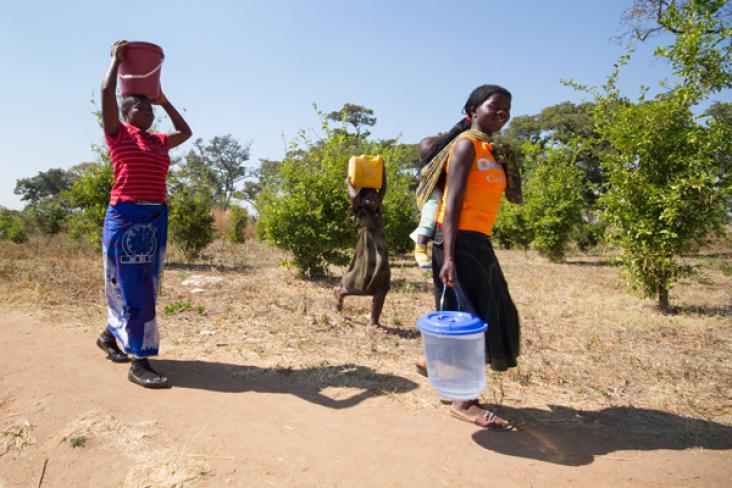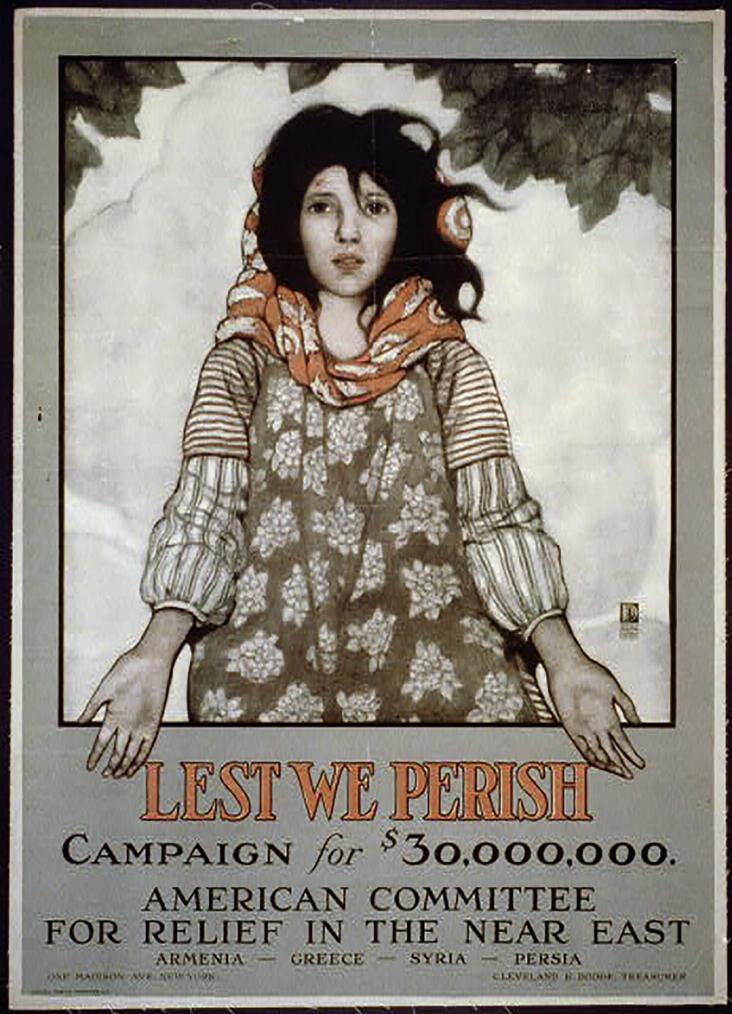
The marketing value of the concept of ecotourism is now very low, as there is very little evidence that it delivers. Many people in the developing world are unable to visit National Parks and suffer only negative impacts – loss of access for meat, fruits, thatching grass and land for agriculture. How does a consumer or tour operator identify wildlife operators and conservancies that are really making a contribution? Either to wildlife and habitat conservation or to the livelihoods of local communities to ensure that they benefit from conservation?
This chapter will attempt brief review on some of the known factors which define populations, particulary developing countries, at special risk for chemical toxicity from e-waste. The goal of SDG target 3.9 is to substantially reduce the number of deaths and illnesses from hazardous chemicals and air, water and soil pollution and contamination
This chapter addresses SDG10 and SDG8 by conducting a comprehensive review of the prevalence of economic discrimination, the consequences of such discrimination, and possible approaches to undermine it.
This article explores how lawyers can work together to increase social mobility and diversity within the legal profession. Julian Sayarer talks to Chris White, founder of Aspiring Solicitors, Chris Benn, lawyer at Kemp Little, Barry Matthews, an in-house lawyer with ITV, and Toby Hornett, legal director at Canon – Europe about the role in house teams play in promoting diversity and access, contributing to SDG 10, reduced inequalities.

Despite the increased attention the sixth Sustainable Development Goal (clean water and sanitation) has brought, access to water in Sub-Saharan Africa is worse than ever: there are more people without access to water now than there were in 1990.
In order to fix the problem we need to understand what’s going wrong with our current approaches. That was the aim of an Atlas Award-winning study published in Water Resources and Rural Development, by researchers at Glasgow Caledonian University in Scotland, the University of Malawi in Malawi and the University of Lusaka in Zambia. Interestingly enough, since women and school aged girls are typically tasked with water fetching, by providing water access and sanitation authors feel there is an effect on others SDG like SDG 10 (reduced inequalities), SDG 4 (quality education) and SDG 5 (gender equality)
Drawing on discussions with Kenyan, Mexican and British teachers, this paper reports on emotional responses to international socio-economic inequality.
Elsevier,
The Psychology of Gender and Health, Conceptual and Applied Global Concerns, 2017, Pages 343-361
This book chapter explains how we must transform understandings of, and responses to, mental health for women, helping to advance goal 5.

